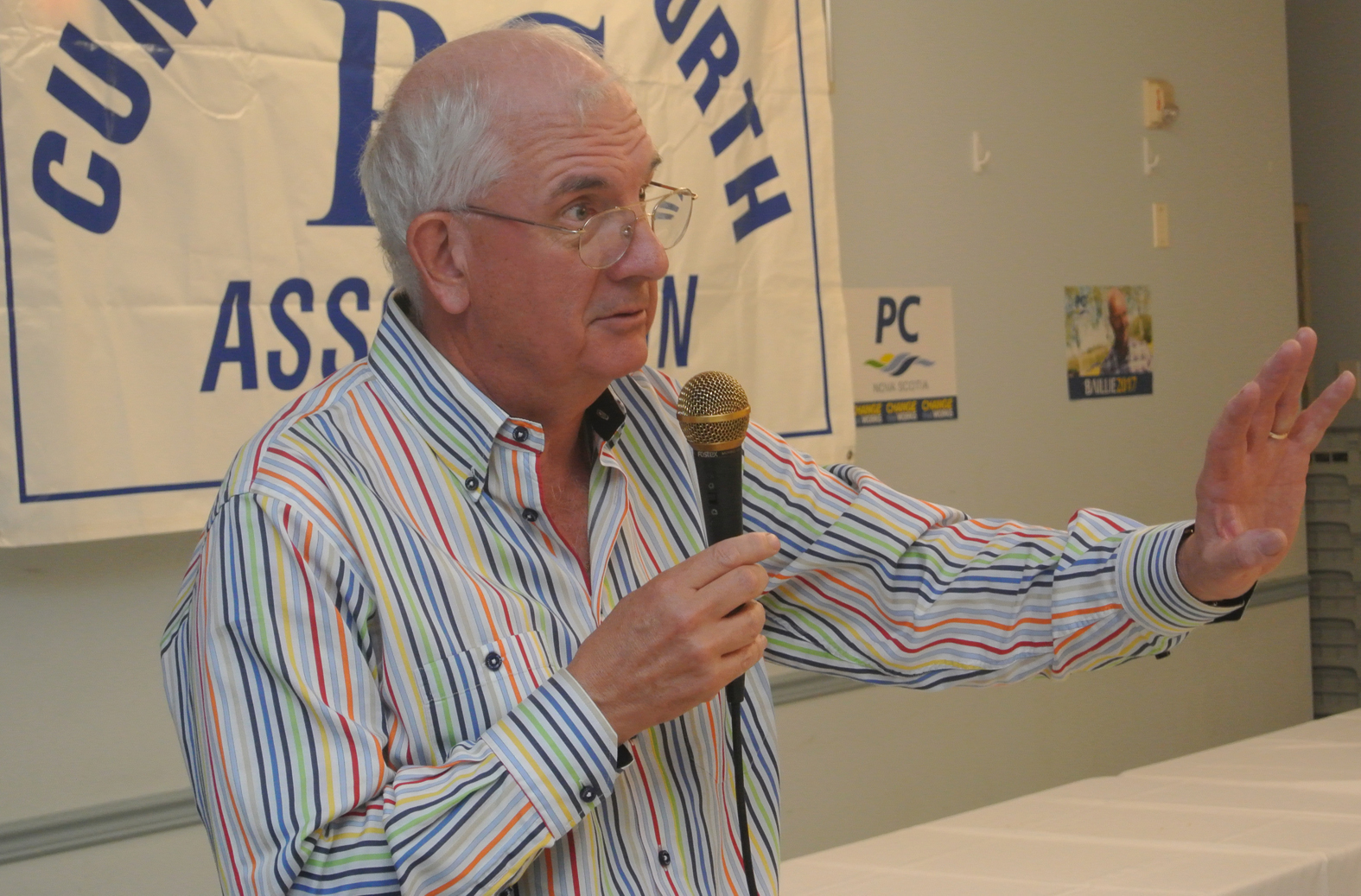Guest Blog by Bill Black
A core question when considering proposals for new voting systems is whether majority governments are good or bad. I think they are good.
At the federal level it would be my view that people’s votes are 85% or more determined by party rather than candidate. How else would estimable MP’s like Megan Leslie and Peter Stoffer be defeated? Yes there is a tilt giving the plurality party a disproportionate number of seats.
But I think the very fact that the Liberals have a majority makes them clearly accountable for what happens in their four years. Opposition parties have more opportunity to create resistance than you acknowledge, and that will be enhanced no matter how the Senate membership evolves. Within the Liberal caucus and cabinet there will be lively difference of views that inform choices. Parties are not typically monolithic.
Harper’s dictatorial style with both caucus and parliament gave FPTP a bad name, but in the end he and the party paid the price. Expect a different style from the next Conservative leader.
The problem with minority government is that the next election can be triggered any time the legislature is in session. The tough decisions that good governments need to make are often postponed or avoided. It is a little better if a hard coalition is formed, as occurred in Britain two elections ago, but it always seems to end in tears for the minority party.
I would like a system that keeps first-past-the-post but has a 10% increment of seats (five for the Nova Scotia legislature) awarded through proportional representation for parties getting at least 10% of the vote. This would give a little more weight to smaller parties but would not empower single issue parties which do not look at the interests of the nation as a whole. It might also enrich the candidate pool.
American Comparisons
The data provided in the Better Choices report for the United States (on voter participation and women’s representation) do not provide a useful contribution to the discussion. Democracy there is seriously corrupted by, among other thing:
(1) Unrestricted political donations that give people with money far too much influence, especially in primaries.
(2) In the House of Representatives the seats for many states are so gerrymandered that the representatives are effectively choosing their voters rather than the other way around.
The American Constitution’s commitment to checks and balances, combined with the above, has created paralysis and enormous dissatisfaction with Washington.
Voter Understanding
Finally, in the initial years at least voters will find the mechanics of the other systems very hard to understand. I think that was the downfall of the BC referendum on changing their system.
—
Bill Black runs the blog New Start Nova Scotia where he shares thoughts on public policy for the province. Now retired, He served as the president and CEO of Maritime Life from 1995 to 2004 and has served on a number of boards, including the board of the Bank of Canada. In 2006 he ran for the leadership of the Nova Scotia Progressive Conservative party. Here is Bill’s full proposal for an electoral system where 10 % of the seats are elected by proportional representation.
The views expressed in guest blog posts are those of the contributors, and not the Springtide Collective. We invite a diversity of commentary and opinions encourage those who wish to express theirs on the Springtide blog to get in touch.





